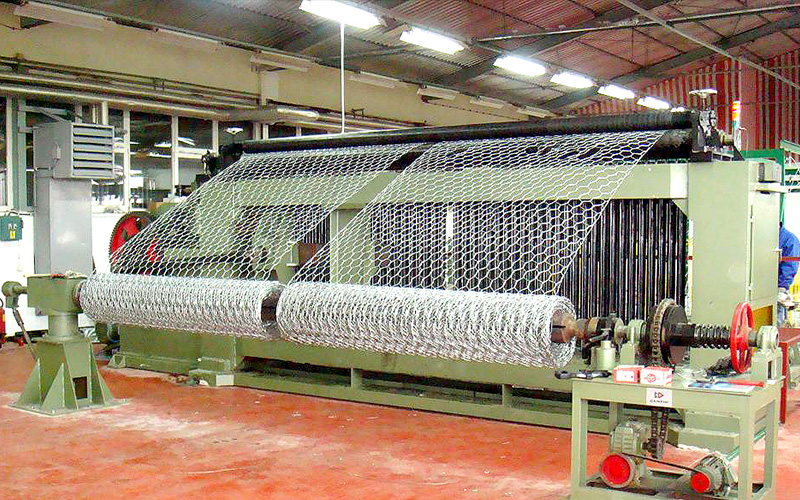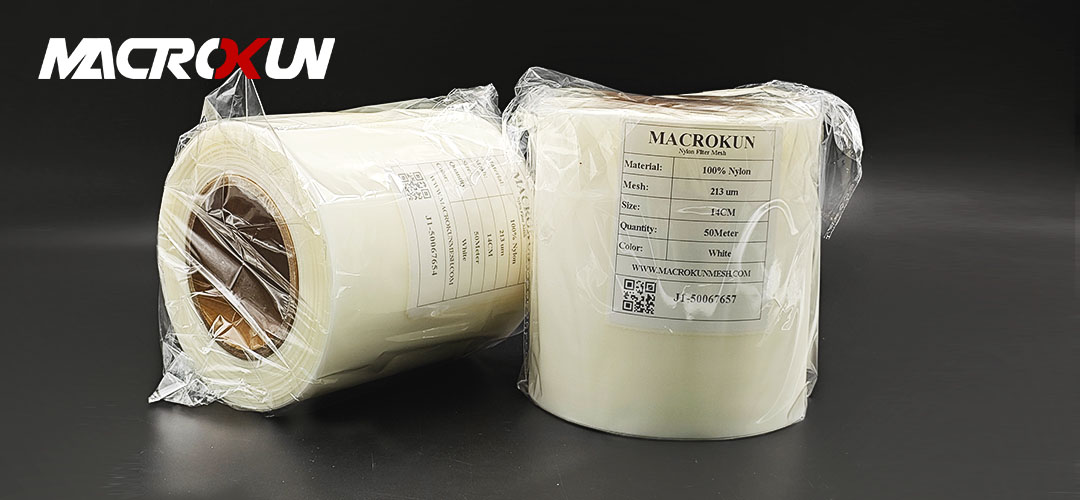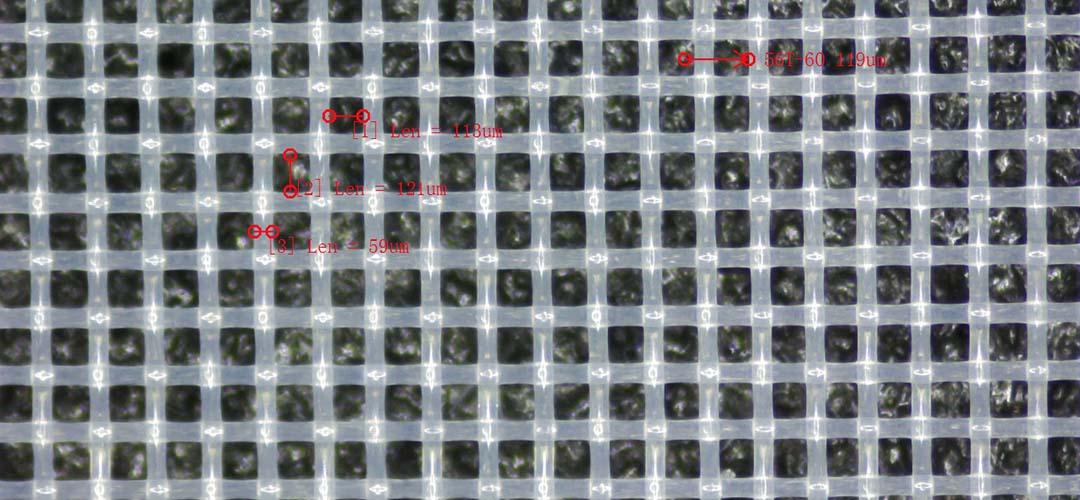Micron mesh screens are an essential component in many industrial applications, providing a wide range of benefits that can improve efficiency, productivity, and overall performance. These screens are used in a variety of industries, including pharmaceuticals, food and beverage, mining, and chemical processing, among others. In this article, we will explore the benefits of using micron mesh screens in industrial applications and provide a comprehensive guide to selecting the right screen for your specific needs.
One of the primary benefits of using micron mesh screens is their ability to provide precise filtration and separation of particles. These screens are available in a wide range of mesh sizes, allowing for the filtration of particles as small as a few microns. This level of precision is essential in industries where the quality of the final product is critical, such as pharmaceutical manufacturing or food processing.
In addition to their filtration capabilities, micron mesh screens also offer excellent durability and longevity. These screens are typically made from high-quality materials such as stainless steel or polypropylene, which are resistant to corrosion and wear. This means that they can withstand harsh operating conditions and continue to perform effectively over an extended period of time, reducing the need for frequent replacements and maintenance.
Another key benefit of using micron mesh screens is their versatility. These screens can be customized to meet specific requirements, such as different mesh sizes, shapes, and configurations. This flexibility allows for the optimization of the screening process and ensures that the screens are tailored to the unique needs of each application.
Furthermore, micron mesh screens are easy to install and maintain, making them a cost-effective solution for industrial applications. These screens can be quickly and easily replaced when necessary, minimizing downtime and maximizing productivity. Additionally, their low maintenance requirements help to reduce overall operating costs and ensure a high return on investment.
When selecting a micron mesh screen for your industrial application, there are several factors to consider. The first step is to determine the required mesh size based on the size of the particles that need to be filtered. It is essential to choose a screen with the appropriate mesh size to ensure effective filtration and separation.
Next, consider the material of the screen. Stainless steel screens are commonly used in industrial applications due to their durability and resistance to corrosion. However, other materials such as polypropylene or nylon may be more suitable for specific applications, depending on the operating conditions and the type of particles being filtered.
Additionally, consider the design and configuration of the screen. Some applications may require a flat or curved screen, while others may benefit from a cylindrical or conical shape. The design of the screen can impact its performance and efficiency, so it is essential to choose a screen that is well-suited to the specific requirements of your application.
In conclusion, micron mesh screens offer a wide range of benefits for industrial applications, including precise filtration, durability, versatility, and cost-effectiveness. By selecting the right screen for your specific needs and considering factors such as mesh size, material, and design, you can optimize the screening process and improve overall performance. With their ability to enhance efficiency and productivity, micron mesh screens are an essential component in many industrial applications.
When it comes to selecting micron mesh screens for specific applications, there are several factors that need to be taken into consideration. Micron mesh screens are used in a variety of industries, including pharmaceuticals, food and beverage, mining, and agriculture, among others. The right micron mesh screen can make a significant difference in the efficiency and effectiveness of a process, so it is important to choose the right one for your specific needs.
One of the first factors to consider when selecting a micron mesh screen is the material it is made from. Micron mesh screens can be made from a variety of materials, including stainless steel, nylon, and polyester. The material you choose will depend on the specific requirements of your application. For example, stainless steel mesh screens are often used in applications where corrosion resistance is important, while nylon mesh screens are commonly used in applications where flexibility and abrasion resistance are key.
Another important factor to consider when selecting a micron mesh screen is the mesh size. The mesh size refers to the number of openings per linear inch in the screen. The smaller the mesh size, the finer the particles that can pass through the screen. It is important to choose a mesh size that is appropriate for the size of the particles you are working with. If the mesh size is too large, you may not be able to achieve the desired level of filtration or separation.

In addition to material and mesh size, it is also important to consider the weave pattern of the micron mesh screen. The weave pattern refers to the way in which the wires are woven together to create the screen. There are several different weave patterns to choose from, including plain weave, twill weave, and Dutch weave. Each weave pattern has its own unique characteristics and is suited to different applications. For example, plain weave mesh screens are often used in applications where a high flow rate is required, while Dutch weave mesh screens are commonly used in applications where a high level of filtration is needed.
When selecting a micron mesh screen, it is also important to consider the opening size of the screen. The opening size refers to the size of the individual openings in the screen. The opening size will depend on the size of the particles you are working with and the level of filtration or separation you require. It is important to choose a screen with the appropriate opening size to ensure that it is able to effectively perform its intended function.
In conclusion, selecting the right micron mesh screen for your specific application is crucial to achieving optimal results. By considering factors such as material, mesh size, weave pattern, and opening size, you can ensure that you choose a screen that meets your requirements and delivers the performance you need. Take the time to carefully evaluate your needs and select a micron mesh screen that is best suited to your application.
Micron mesh screens are an essential component in many industries, including pharmaceuticals, food processing, and chemical manufacturing. These screens are used to separate particles of different sizes, ensuring that only the desired particles pass through while larger particles are retained. To maintain the efficiency and longevity of micron mesh screens, proper maintenance and cleaning are crucial.

One of the most important aspects of maintaining micron mesh screens is regular cleaning. Over time, particles can become trapped in the mesh, reducing its effectiveness. To clean the screens, start by removing them from the equipment and gently rinsing them with water. Avoid using harsh chemicals or abrasive materials, as these can damage the mesh. Instead, use a mild detergent and a soft brush to gently scrub away any buildup. Once the screens are clean, rinse them thoroughly with water to remove any residue.

In addition to regular cleaning, it is important to inspect the screens for any signs of damage. Check for tears, holes, or other defects that could affect the performance of the screens. If any damage is found, it is important to repair or replace the screens as soon as possible to prevent further issues.
Another important aspect of maintaining micron mesh screens is proper storage. When not in use, store the screens in a clean, dry area away from direct sunlight and moisture. This will help prevent corrosion and other damage that can occur over time. Additionally, make sure to store the screens in a way that prevents them from becoming bent or misshapen, as this can affect their performance.
In addition to regular cleaning and proper storage, it is important to follow the manufacturer’s recommendations for maintenance. Some screens may require special cleaning solutions or techniques, so be sure to read the instructions carefully. Additionally, some screens may need to be replaced periodically to ensure optimal performance. By following the manufacturer’s recommendations, you can help prolong the life of your micron mesh screens and ensure that they continue to perform effectively.
Proper maintenance and cleaning of micron mesh screens are essential for ensuring their longevity and efficiency. By regularly cleaning the screens, inspecting them for damage, storing them properly, and following the manufacturer’s recommendations, you can help prolong the life of your screens and ensure that they continue to perform effectively. With proper maintenance, your micron mesh screens will continue to provide reliable performance for years to come.
Pre: Nylon Mesh Filter Plates: Advanced Filtration Solutions
Next: Top Applications of Nylon Mesh for Filter Sieves Across Sectors

MACROKUN has established long-term and stable cooperative relations with many transportation companies such as China Post, DHL, FEDEX, USPS, UPS, etc. Of course, MACROKUN can also provide air and sea transportation. The powerful logistics system enables all MACROKUN'S Printing Mesh, Filter Mesh and Filter Bags and so on to be easily and efficiently transported to any place. For quotes and inquiries, please email our sales team.





